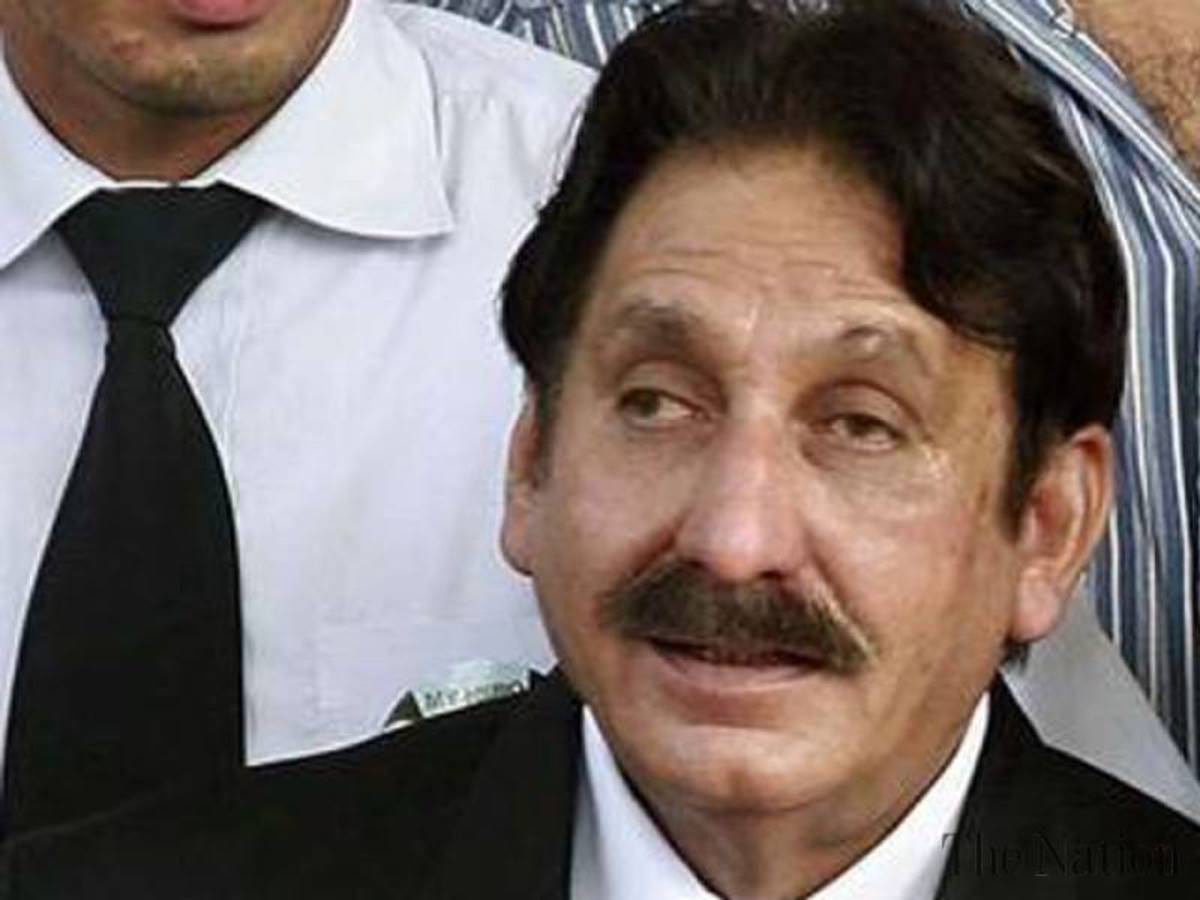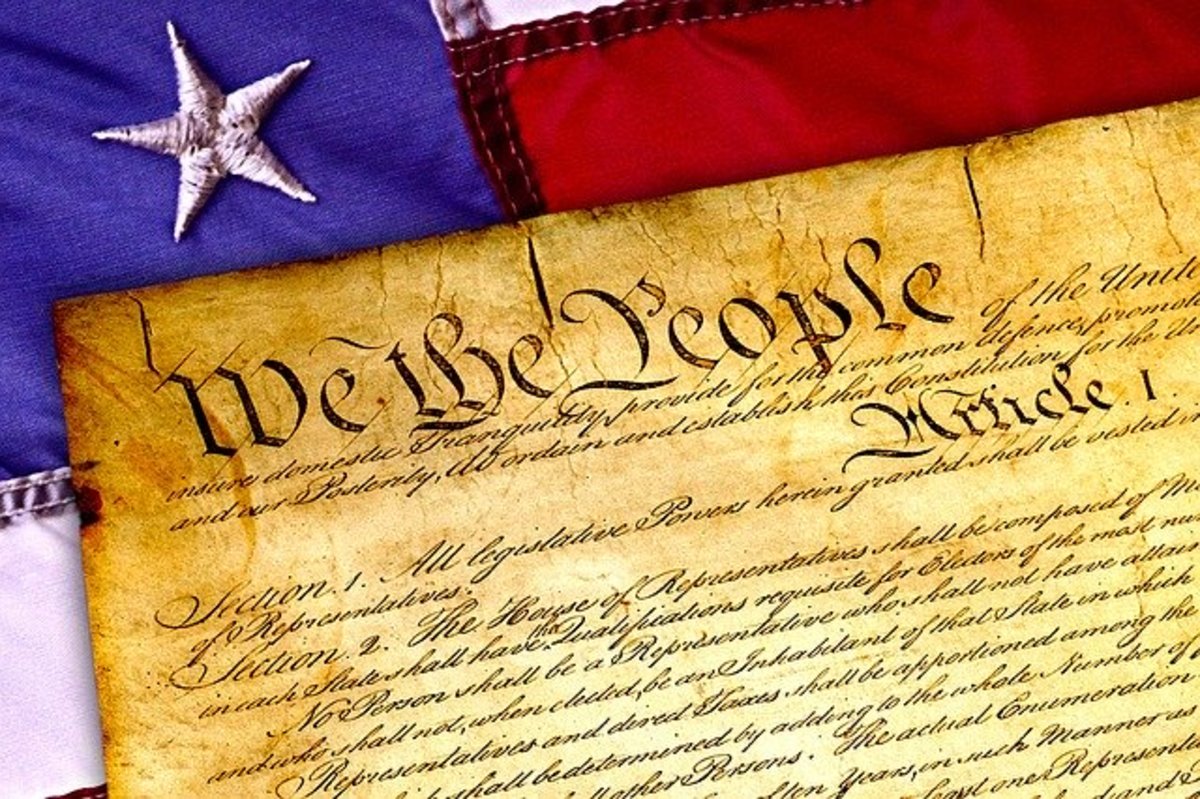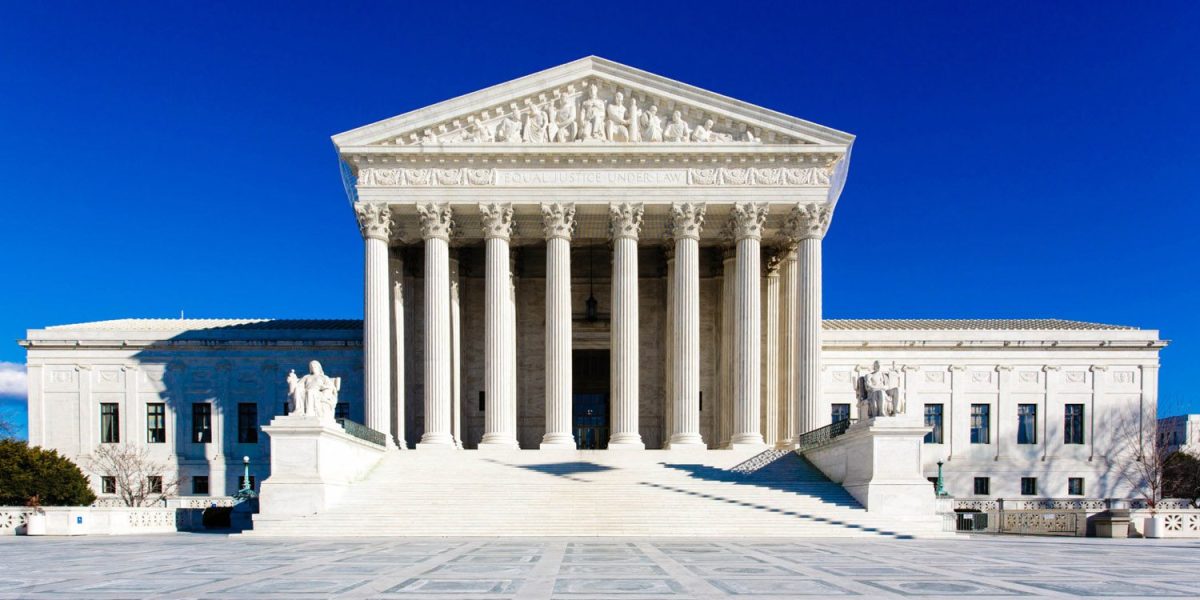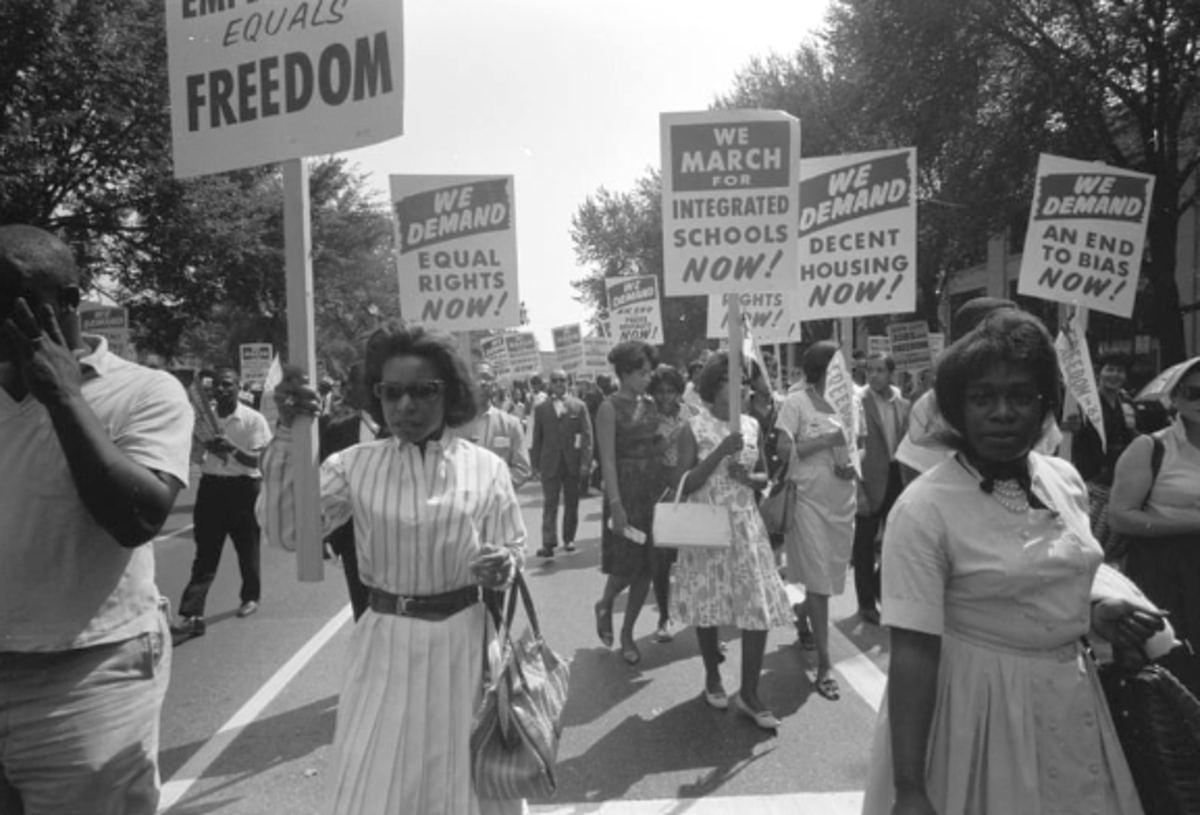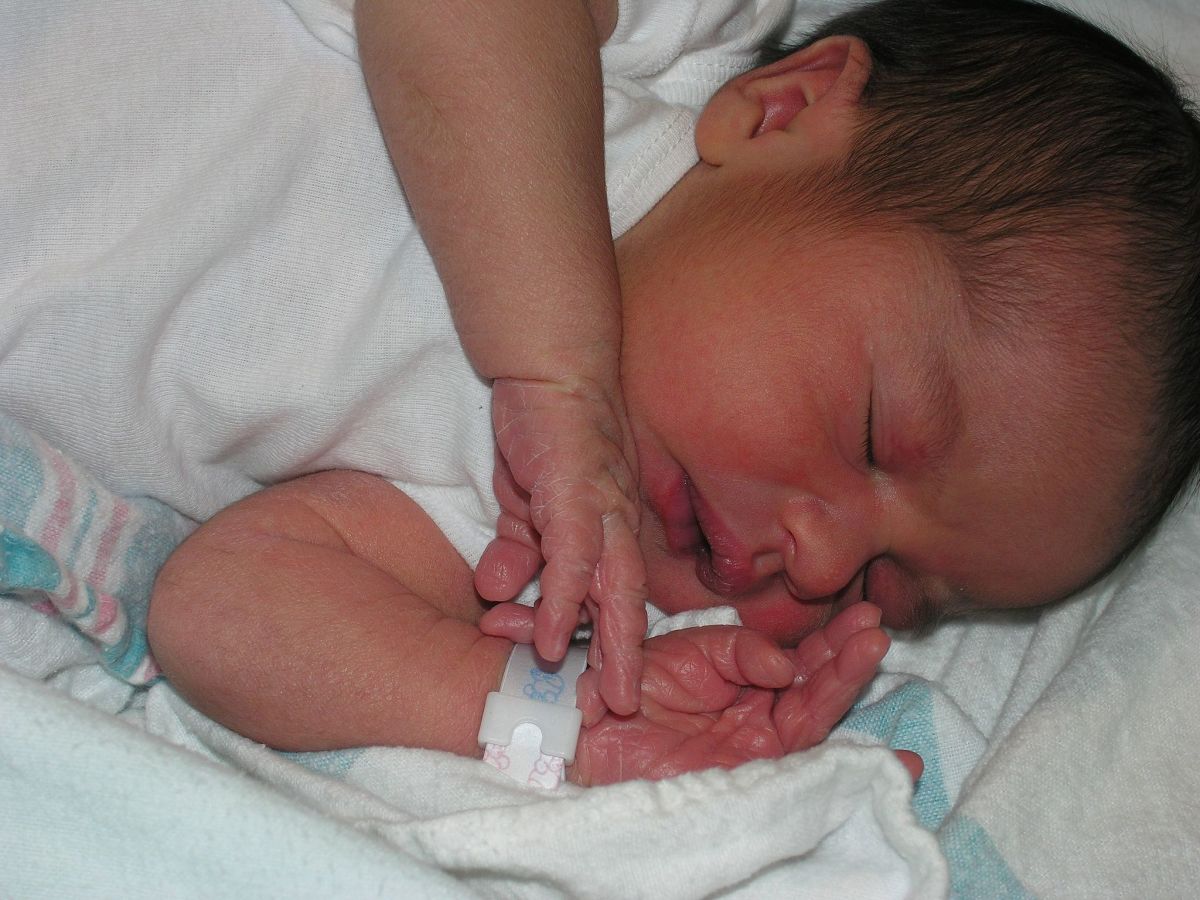Religion, Gay Americans, and the Law
Religion, Gay Americans, and the Law
Conservatives are now in an uproar over a decision handed down on August 18, 2008 by the California Supreme Court on Monday, in which the court held that two Christian doctors could not exempt themselves from the requirements of the state's anti-discrimination statute by refusing to provide artificial insemination services to a lesbian woman on religious grounds. Writing for a unanimous court, Justice Joyce Kennard held that the doctors had neither a free speech defense or a religious free exercise defense for their refusal to provide these services to a gay woman, Guadalupe Benitez. This ruling makes it perfectly clear that medical services may not be withheld from gay Californians on the basis of religious conviction.
I find myself wondering whether critics of this decision actually bothered to read the opinion handed down by the California Supreme Court (North Coast Women’s Care Medical Group, Inc. v. Benitez, No. GIC770165) before ranting that this decision "forced" doctors to choose between their faith and their livelihoods. This unanimous opinion analyzed the claim asserted by the plaintiff taking into consideration both US constitutional issues and California state constitutional issues. Under our principles of judicial federalism, a state court opinion that implicates both US constitutional analysis and state constitutional analysis may only be reviewed by the US Supreme Court (or by any other Article III court) to the extent that the opinion in question relies upon US constitutional analysis, or interpretation of the US Constitution. If independent state constitutional grounds suffice to sustain the judgment, the US Supreme Court cannot reverse the judgment; it may only negate that portion of the ruling involving the US constitutional analysis with which it disagrees.
The California Supreme Court first addressed the standard of review that is applicable to claims of religious objection under the relevant US Supreme Court precedents. Prior to 1990, any law that burdened a particular religious practice was automatically subjected to "strict scrutiny" (e.g., Sherbert v. Verner, 374 U.S. 398 (1963), Wisconsin v. Yoder, 406 U.S. 205 (1972)). This is the most demanding standard of judicial review; under strict scrutiny, the burden falls squarely on the state to demonstrate that its actions promote a "compelling" state interest, and that the measure in question is "narrowly tailored" so as to sweep no more broadly than is absolutely necessary to promote the compelling state interest in question. However, in Employment Div., Dept. of Human Resources of Oregon v. Smith, 494 U.S. 872 (1990), the US Supreme Court held that any law of general application that was not passed in an attempt to target a particular religious practice, but which nevertheless has the incidental effect of infringing a particular religious practice, will be upheld against constitutional attack provided it satisfies rational basis review. This marked a profound (and to some, a disturbing) change in the manner in which the Court adjudicated claims of Free Exercise violations. The US Supreme Court reiterated that holding three years later in Church of Lukumi Babalu Aye, Inc. v. City of Hialeah, 508 U.S. 520 (1993). Thus, under current US Supreme Court holdings, a religious objector has no federal constitutional right to an exemption from a neutral and valid law of general application on the grounds that compliance with that law violates the religious beliefs of the objector.
It is well established legal doctrine that the US Constitution sets a floor, but not a ceiling, to the rights enjoyed by the people of the United States. State constitutions may be, and frequently are, interpreted to grant the citizens of the respective states additional rights and protections not afforded them under US constitutional analysis. It is amusing to note that the very conservatives who deplore this “one-way ratchet” effect now seek its benefit. In Catholic Charities of Sacramento, Inc. v. Superior Court, 32 Cal. 4th 527 (2004), the California Supreme Court applied the rational basis review test adopted by the US Supreme Court in Smith (supra) and upheld from constitutional attack the Women’s Contraception Equity Act (WCEA), which requires that employers which provide prescription drug insurance coverage for their employees also include coverage for prescription contraceptives. The court explained: “The WCEA’s requirements apply neutrally and generally to all employers, regardless of religious affiliation, except to those few who satisfy the statute’s strict requirements for exemption on religious grounds. The act also addresses a matter the state is free to regulate; it regulates the contents of insurance policies for the purpose of eliminating a form of gender discrimination in health benefits. The act conflicts with Catholic Charities’ religious beliefs only incidentally, because those beliefs happen to make prescription contraceptives sinful.” (Catholic Charities, supra, at p. 549.)
The state supreme court invoked the US Supreme Court’s Smith test in the context of this issue. The court noted that medical practitioners fall under the domain of entities subject to the proscriptions of the Unruh Civil Rights Act (the California anti-discrimination statute). This act requires that business establishments provide “full and equal accommodations, advantages, facilities, privileges, or services” to all persons, notwithstanding their sexual orientation (sexual orientation was explicitly added to the protective ambit of this act in 2005; before 1999, California’s appellate courts had interpreted the act as prohibiting sexual orientation discrimination, despite the fact that the wording of the act did not include textual reference to sexual orientation).
The plaintiffs asserted that a higher level of review was required because their claim involved “hybrid rights” (the plaintiffs asserted that in addition to infringing their Free Exercise rights, the act infringed their free speech rights under the First Amendment). The state court rejected this assertion, pointing out that the US Supreme Court has never determined whether the “hybrid rights” theory is valid, and has never invoked this theory to justify applying strict scrutiny to a free exercise claim. The state court also invoked precedent from the US Court of Appeals for the Sixth Circuit, which rejected as “’completely illogical’ the proposition that ‘the legal standard [of review] under the Free Exercise Clause depends on whether the free-exercise claim is coupled with other constitutional rights.’ (Kissinger v. Board of Trustees[(1993) 5 F.3d 177, 180 & fn. 1.)” The state court rejected the contention by Catholic Charities that requiring it to provide prescription contraceptive coverage to its employees would violate its First Amendment right to free speech, noting that “compliance with a law regulating health care benefits is not speech.”
In short, the court held that religious beliefs cannot be invoked as a shield to justify disobeying laws of general application. There are many fundamentalist Christians who sincerely believe that gay men and lesbians should be stoned to death; murdering gay Americans on religious grounds is not tolerated in America, and few reasonable people would regard it as proper for a court of law to entertain such a defense to murder charges. This doubtless disappoints the sect known as "Christian Reconstructionists", who believe that nothing less than a full return to Mosaic law is required within the US; Gary North, this movement's "economist", has openly stated that gay persons should be stoned to death (stoning is his preferred method of "execution" because stones are plentiful, don't cost anything, and can be used to inflict a painful death).
We do not live in a theocracy. We live in a pluralistic, diverse constitutional democracy. We do not get to pick and choose which civil and criminal laws to follow and which laws to break based on personal religious beliefs. The physicians who refused to provide their services to the lesbian women cannot evade their legal responsibility to comply with the law simply because they do not believe that gay women should be permitted to avail themselves of artificial insemination procedures granted without reservation to heterosexual, married women. If these physicians have any sense, they will acknowledge that they do not enjoy special rights merely because they disapprove of gay sex and of gay Americans.
PHILIP CHANDLER
Away from Manderley...

Last night I lost all day...

"Broken English" -- Marianne Faithfull
Gay Rights in America
- Gay Rights in America
This essay describes the manner in which gay sex between men is singled out for harsher treatment by many heterosexual men than is gay sex between women. This essay also discusses US Supreme Court decisions and the impact of gay marriage on religion
Justice at Last -- Gay Equality in America
- Justice at Last -- Gay Equality in America
Gay Equality, the Right to Privacy, and Substantive Due Process: this essay discusses the US Supreme Court decisions that created and expanded the right to privacy, and discusses the cases of Bowers v. Hardwick (1986) and Lawrence v. Texas (2003)...
Gay Marriage in America (The Gathering Storm)
- Gay Marriage in America (The Gathering Storm)
This essay discusses the current status of gay marriage in America, and reveals the desperation underlying the "National Organization for Marriage" and the $1.5 million advertisement ("The Gathering Storm") (which is actually funny!)...
The Federal Courts, Gay Rights, and the People
- The Federal Courts, Gay Rights, and the People
This essay discusses the role of the federal judiciary in our system of government, and explains the concept of judicial review...
The Supreme Court, Gay Rights, and Lawrence v. Texas
- The Supreme Court, Gay Rights, and Lawrence v. Texas
This essay discusses the US Supreme Court and the damage it did to gay Americans in handing down Bowers v. Hardwick (1986), as well as the manner in which this Court overruled Bowers and apologized to gay Americans in Lawrence v. Texas (2003)...
Gay Americans and the Federal Hate Crimes Act
- Gay Americans and the Federal Hate Crimes Act
This essay discusses the truth behind the lies told about the proposed federal hate crimes act, and presents a truthful analysis of the real impact that this measure would have on religious bodies and individuals (it would have no impact)...
Gay Americans and the US Supreme Court
- Gay Americans and the US Supreme Court
This essay discusses the homophobia that informed the US Supreme Court decision Bowers v. Hardwick (1986), and how gay Americans turned to state supreme courts to strike down sodomy laws until the US Supreme Court handed down Lawrence v. Texas (2003)
Homophobia -- Fear and Loathing in Florida
- Homophobia -- Fear and Loathing in Florida
This essay discusses the behavior of school officials at Ponce de Leon High School, and the manner in which the school principal trampled the First and Fourteenth Amendment rights of gay and gay-supportive students at this school...
Gay Equality, Homophobia, and Another Country
- Gay Equality, Homophobia, and Another Country
This essay discusses and compares social and legal attitudes towards homosexuality in the US and the UK, emphasizing the greater degree of acceptance of gay persons in the UK...
Mormons Meddle and Destroy Marriage
- Mormons Meddle and Destroy Marriage
This article discusses the manner in which members of the LDS participated in the campaign to pass Proposition 8 in California, thereby nullifying the effect of the California Supreme Court decision legalizing gay marriage in that state...
Loving the Sinner but Hating the Sin (But What is the Sin?)
- Loving the Sinner but Hating the Sin (But What is the Sin?)
This essay debunks the illusion that is is possible for a person to love gay people but not the actual expression of their sexual orientation; the one is inextricably intertwined with the other, just as a person's race is an indelible part of him...
I Feel, Therefore I Hate (Internalized Homophobia)
- I Feel Therefore I Hate
This essay discusses the evidence that homophobic men are often struggling with their own sexual orientation, and are often closeted homosexuals...
Lies, Damned Lies, and Statistics
- Lies, Damned Lies, and Statistics
This essay debunks the claims made by Paul Cameron and other right-wing commentators, who claim that gay men have shorter lifespans that straight men, that gay men suffer more diseases, etc.
Gay Marriage Gains Ground in America
- Gay Marriage Gains Ground in America
This essay discusses recent judicial and legislative victories in the fight for marriage equality, including recent developments that have changed the terms of the debate (including legislation in New England, passed without judicial prompting)...



